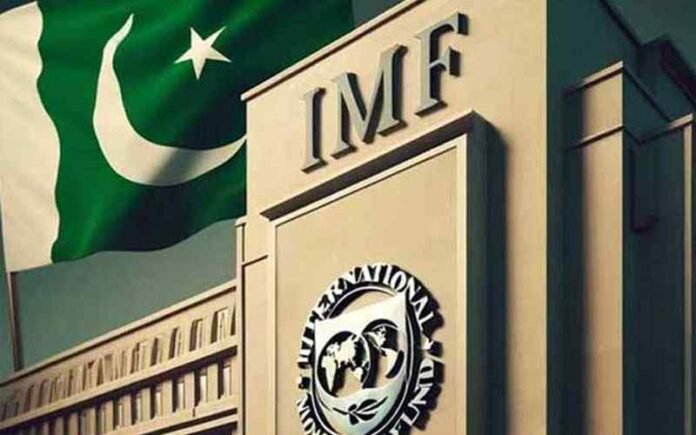The International Monetary Fund (IMF) has urged Pakistan to strengthen its anti-corruption institutions and tighten money laundering safeguards, according to a draft assessment on governance and corruption.
The review highlights weaknesses in the performance of the National Accountability Bureau (NAB) and calls for structural reforms to make the agency more effective. Similar emphasis has been placed on improving Pakistan’s anti-money laundering (AML) and counter-terrorism financing (CFT) framework, both areas where global watchdogs have often flagged shortcomings.
Government Pushback on IMF’s Findings
Islamabad, however, is not fully on board with the IMF’s conclusions. A senior government official told The News that Pakistan will submit formal objections to the draft, arguing that the report overlooks progress made on financial crime monitoring and accountability mechanisms.
Authorities plan to present detailed feedback before the final version is released in late August 2025, with the IMF expected to publish its recommendations officially by October.
Steps Already Underway
Despite contesting parts of the report, the government has signaled that reforms are moving forward. NAB’s independence and scope are being redefined in light of a recent Supreme Court decision, particularly for high-value corruption cases involving more than PKR 500 million. Greater coordination with the Federal Investigation Agency (FIA) is also on the table to avoid duplication and close investigative gaps.
Transparency in Public Service
One of the more significant upcoming changes involves asset disclosure by senior civil servants. Officials from grades BPS 17–22 will have to file digital asset declarations, which will be accessible to the public through a centralized database. To balance accountability with privacy, safeguards are planned for sensitive personal details. The Establishment Division and the Federal Board of Revenue (FBR) are jointly developing the system.
Banks are also being given direct access to these declarations under a new AML/CFT initiative, enabling them to better monitor financial transactions of politically exposed persons. Provincial governments are expected to follow suit with parallel regulations, extending the transparency framework nationwide.
What’s Next?
The IMF’s final governance assessment will serve as a roadmap for priority reforms, likely influencing future loan negotiations and Pakistan’s credibility in global financial markets. For Islamabad, the challenge lies in showing tangible progress while also convincing the IMF that its governance shortcomings are not as stark as portrayed.


